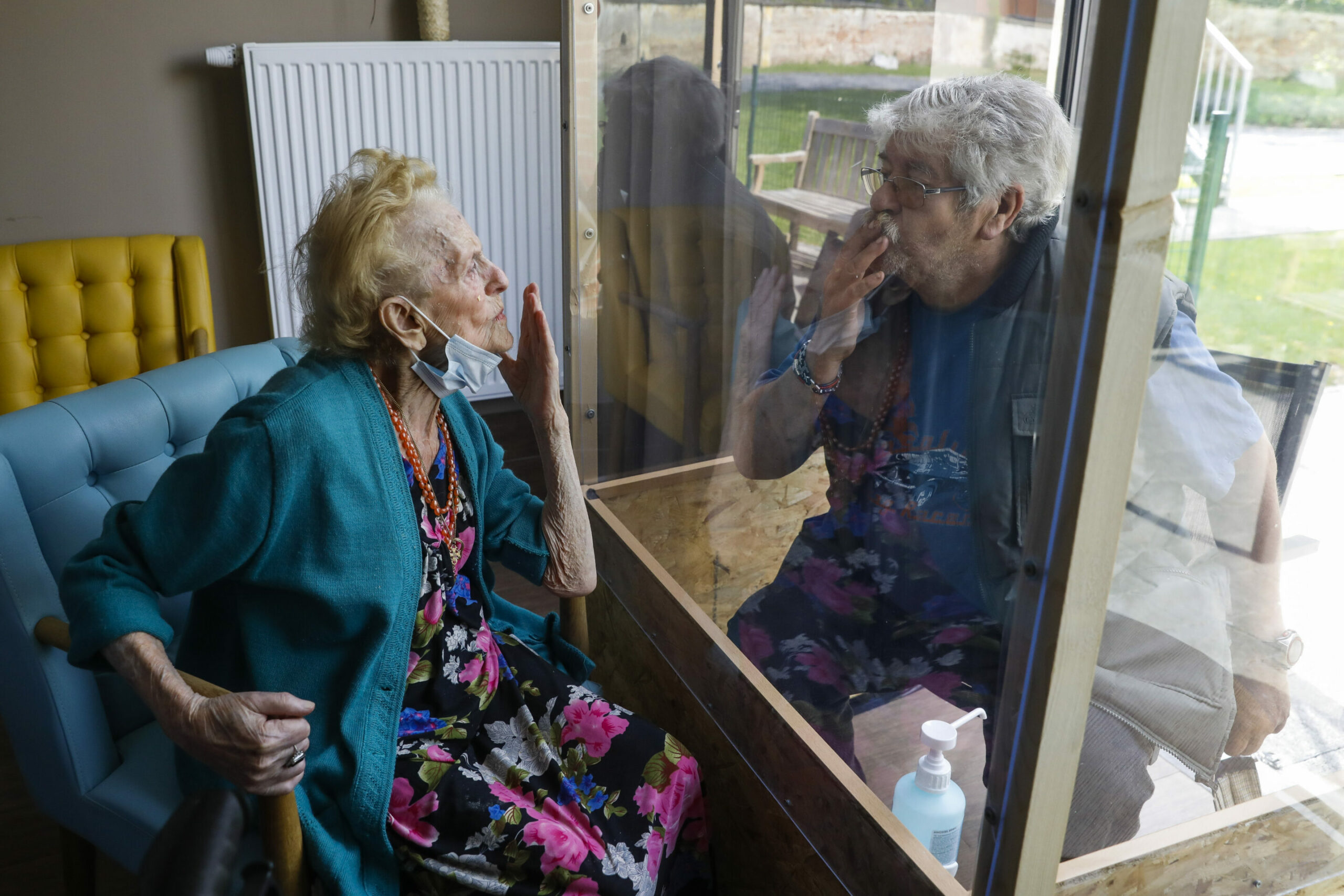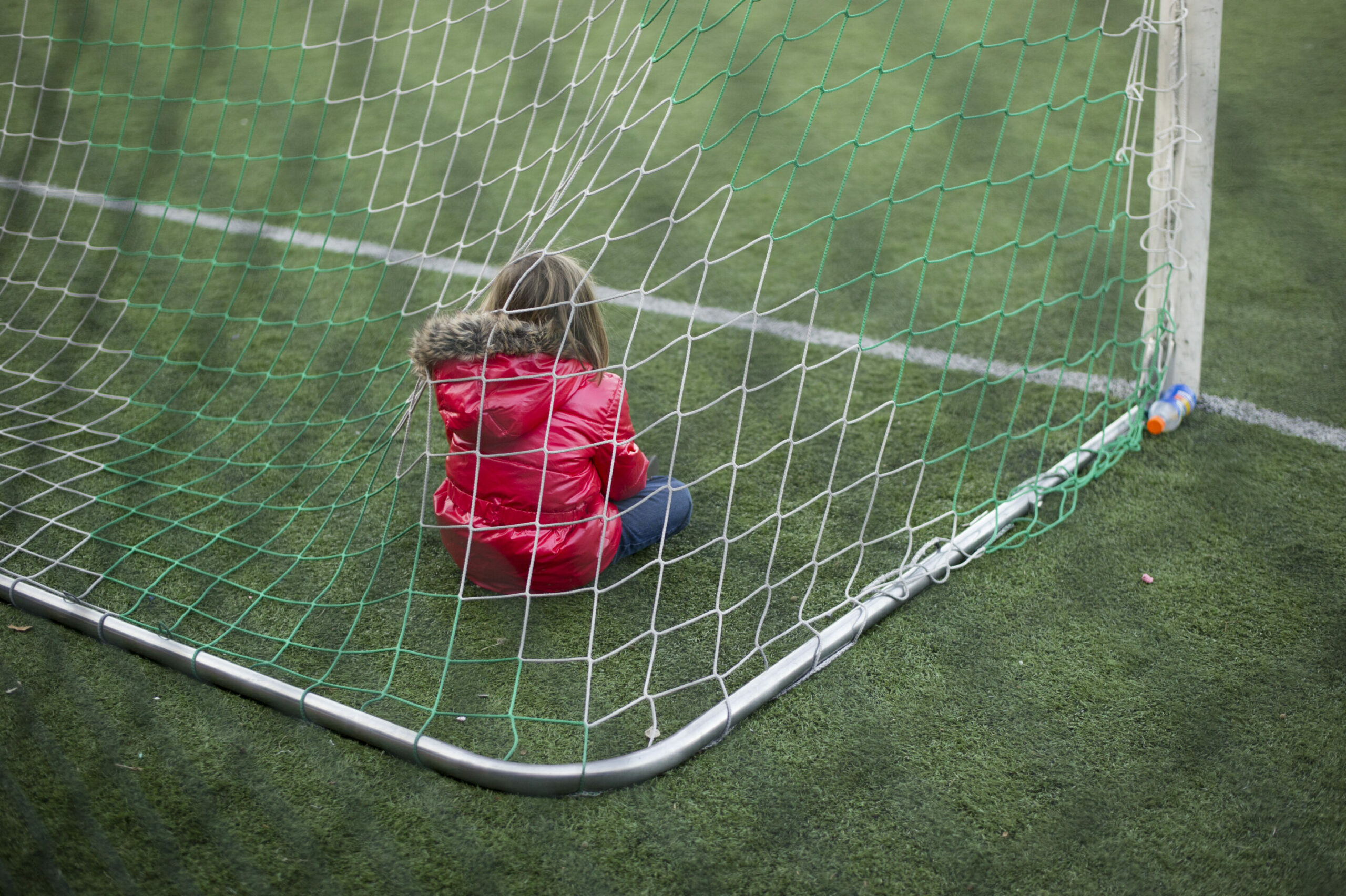Loneliness is on the decline among Belgians, as only 6.7% of people feel lonely "all or most of the time".
A quarterly survey by Belgian statistical office Statbel has been tracking well-being and living conditions among Belgians since 2021 to monitor social recovery since the Covid-19 pandemic.
In the third quarter of 2024, some 6.7% of respondents said they feel lonely all or most of the time, down from 9.1% in the previous quarter.
Loneliness in Belgium increased from 7.3% in the third quarter of 2021 to 8.3% in the fourth quarter, followed by a long period without major fluctuations.
Pandemic lockdowns
When Statbel first started tracking loneliness in 2021, the country had been in and out of pandemic lockdowns for more than a year. The last Covid-19 related restrictions were lifted in Belgium in May 2022.
In the fourth quarter of 2023, 8% of Belgians reported feeling alone all or most of the time, and this figure increased to 9.3% in the first quarter of 2024.
The third quarter of 2024 has now recorded a sharp decline to 6.7% – the lowest level of loneliness since Statbel began monitoring personal well-being and living conditions.

A nursing home resident in Wallonia talking to a visitor through plexiglass in April 2020. Credit: Belga / Thierry Roge
Meanwhile, 67.5% of respondents say they feel happy all or most of the time, and 54.5% say they have high overall satisfaction with life.
Flanders was the loneliest region in the third quarter, with 7.1% of people feeling lonely all or most of the time, the same as in the second quarter.
In Wallonia, loneliness levels have fallen from 11.7% to 6.7%, while in Brussels, loneliness has decreased from 9.5% to 4.8%.
In terms of household types, a higher proportion of people who live alone reported feeling lonely all or most of the time (11.3%) compared to those living in other types of households. Loneliness levels were lower for single-parent families (9.6%), couples with one or more children (5.3%), and couples without children (4.5%).
However, there has been a notable decrease among people living alone, from 16.3% in the second quarter of 2024 to 11.3% in the third quarter of 2024, as well as among couples without children, from 6.7% to 4.5%.
Loneliness early in life
Research from VUB has found that elderly people who struggle with persistent feelings of loneliness often experienced moments of deep loneliness earlier in life, such as a loss or the absence of a warm family environment.
Researcher Lise Switsers said that chronic loneliness "often has serious consequences for mental health, such as depression, and even physical health".
"Their feelings are often amplified by negative thought spirals, which lead to further self-isolation and growing social anxieties," she said.

Credit: Belga / Anthony Dehez
According to Switsers, it is essential to address youth loneliness to prevent chronic loneliness later in life.
"Risk factors include poverty, which limits or prevents access to social activities. For young people, the home environment often plays a critical role. Those who grow up without parents or in a household lacking warmth are at greater risk of experiencing loneliness later in life. Some elderly people with chronic loneliness are also chronically ill or face new experiences of loss, such as the death of a partner," she said.
"As a community, we must reach out to these people. Being attentive to experiences of loss and life changes is crucial. It goes without saying that the government also has a role to play, particularly by considering factors such as mobility and creating pleasant neighbourhoods with sufficient meeting places in its policies," she added.

